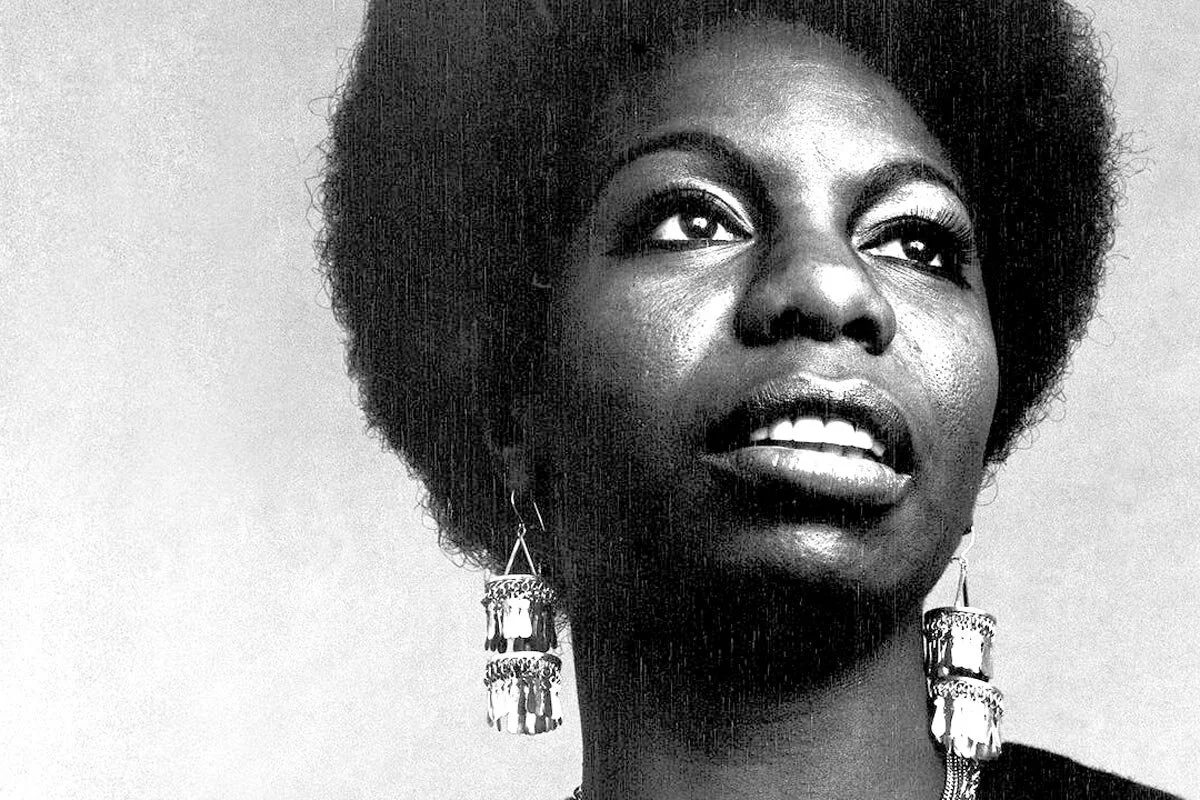The Importance of Performing Arts in School
There are a number of things we take for granted and only realize later in life. For me, one of those things was having a theatre program in my high school. I didn’t notice it until I started working at a small alternative school in the middle of the pandemic. COVID-19 hit everyone hard, including our school community.
I don’t teach at your typical high school--we have no more than 50 students enrolled, and our population is composed of students with special education needs. We are the teens who were slipping through the cracks at our old schools.
Our students benefit from a number of accommodations, including small classroom sizes and an in-house therapist, but one thing we are missing is the Arts. Or at least a variety of the Arts. Due to the pandemic, there are no dedicated Arts classes at all. We have no theatre program, no performing arts classes. This is detrimental because there are numerous emotional and interpersonal benefits to be gained from participating in theatre.
Theatre can be emotionally beneficial to teenagers, especially at-risk youth and special education students. Building a new skill, such as acting or writing, can help individuals build their self-confidence. Similarly, acting and writing facilitate students expressing themselves. Theatre gives them a safe space to both explore their emotions and to understand how someone else feels. By studying theatre, students learn to question and seek out a character’s motivation. They are asked to literally step into another person’s world and play in that space. These exercises teach skills in empathy and allow students to practice looking at life from a new perspective.
The benefits of empathy are not isolated, however. Cultivating compassion also offers social benefits. In our school, we focus our entire program around these social-emotional learning opportunities and giving students that have difficulties socializing the chance to learn those skills in a supportive environment. In theatre, students work together to build an empathetic classroom environment and develop mutual respect while learning to give and receive feedback. They are encouraged to step out of their comfort zone and, hopefully, will feel supported and accepted by their teachers and peers.
Finally, theatre is therapeutic. It has been proven by the American Alliance for Theatre and Education (AATE) that theatre programs are beneficial to students with special needs, or at-risk youth. Creating art gives students something to be proud of. Along with these, there’s been proven improvement in other subjects such as math and reading comprehension. According to AATE, “Research indicates that involvement in the arts increases student engagement and encourages consistent attendance.” They also state that “[n]ot only do[es] the performance of a story and... other [classroom] drama activities contribute to a student’s understanding of the work performed, but these experiences also help them to develop a better understanding of other works and of language and expression in general.”
Learning and improving a new skill helps build students’ self-worth and confidence. Most importantly, art helps individuals express themselves. It gives kids skills to work through a situation or identify an artistic outlet. Alternatively, it teaches them new coping strategies through self-awareness and breathing techniques. There are countless benefits to the theatre, so many so that even incorporating theatrical elements into classes has been beneficial for students. Consequently, theatre is necessary to have (and keep) in high schools.











